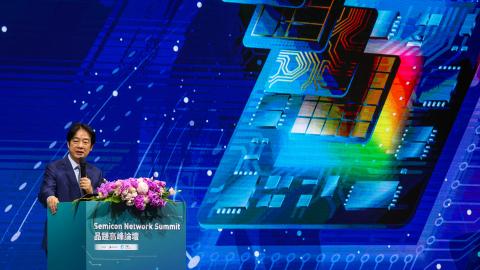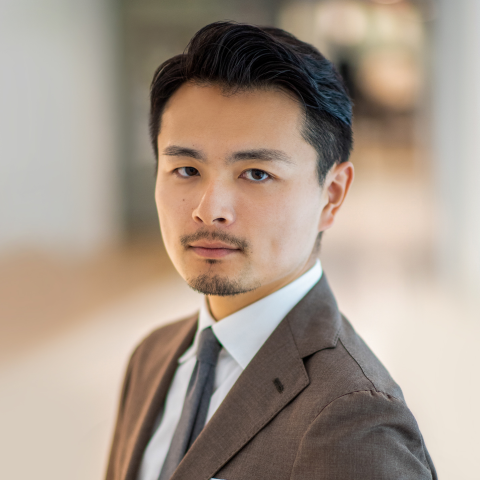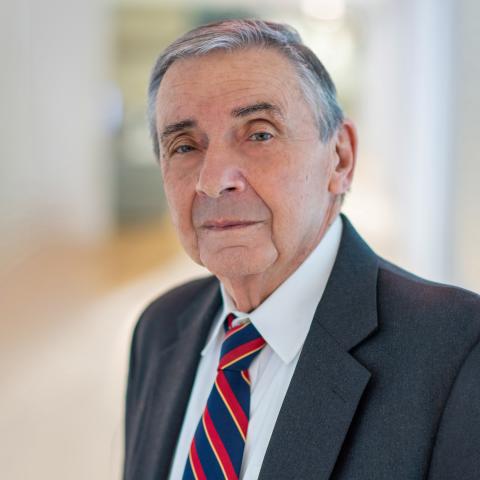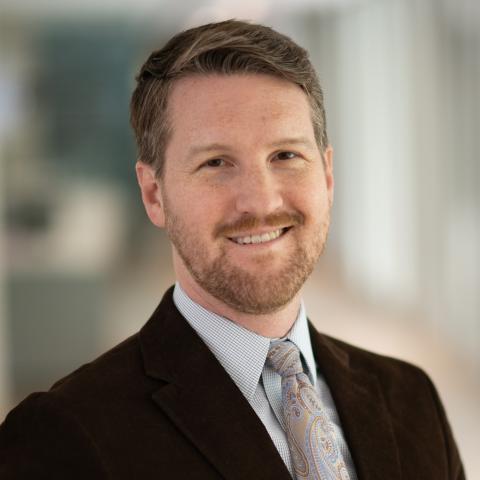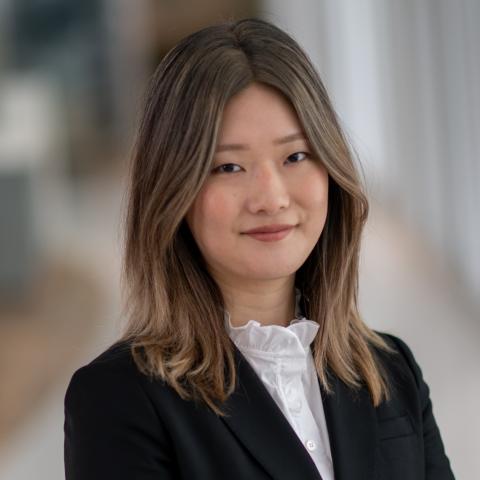
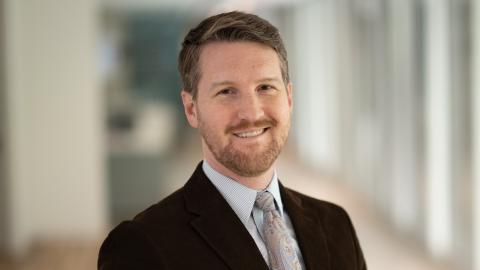
20
February 2026
In-Person Event | Hudson Institute
Toward a Stronger US-Taiwan Partnership: Unpacking the Agreement on Reciprocal Trade
Featured Speakers:
Rupert Hammond-Chambers
Bonnie Glaser
Moderator:
Riley Walters
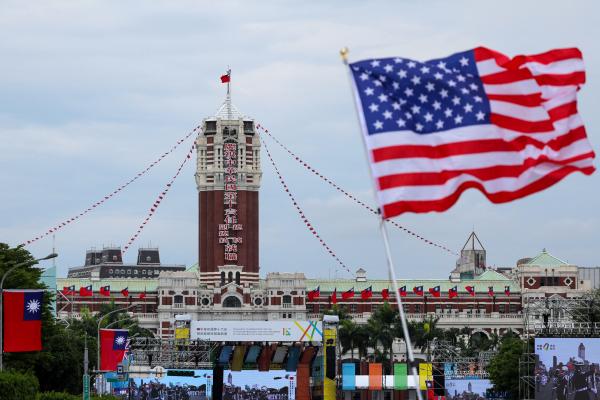
20
February 2026
In-Person Event | Hudson Institute
Toward a Stronger US-Taiwan Partnership: Unpacking the Agreement on Reciprocal Trade
Join Hudson for an expert panel on why these deals are so important for both nations, what they mean for the future of US supply chains, and what potential challenges remain for implementing these deals.
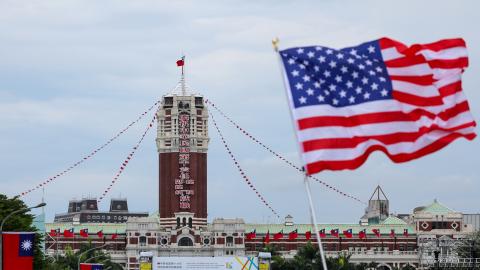
Featured Speakers:
Rupert Hammond-Chambers
Bonnie Glaser
Moderator:
Riley Walters
19
December 2025
Past Event
US-Taiwan AI Cooperation and Challenges
Featured Speakers:
Jeremy Chang
Ethan Tu
Jason Hsu
Moderator:
Riley Walters
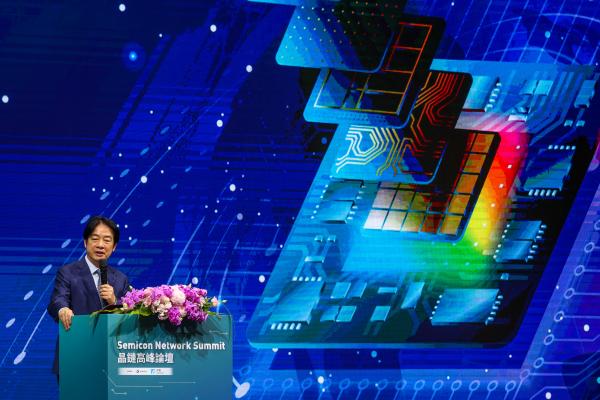
05
December 2025
Past Event
Taiwan’s Security and the US-Japan Alliance: An Interview with Representative Yasutaka Nakasone
Featured Speakers:
Representative Yasutaka Nakasone
Riley Walters
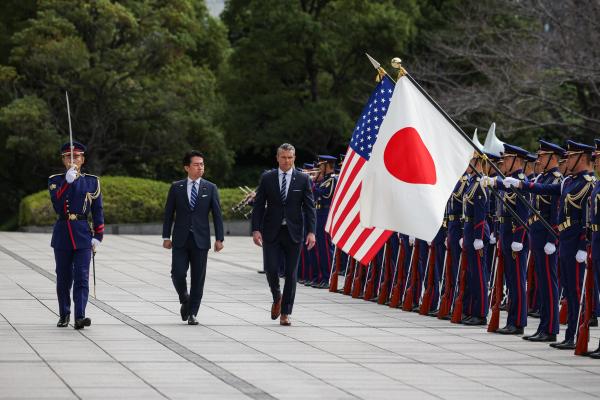
05
December 2025
Past Event
Taiwan’s Security and the US-Japan Alliance: An Interview with Representative Yasutaka Nakasone
After visiting Taiwan twice this year, Representative Nakasone will join Hudson to discuss the US-Japan alliance, how Washington and Tokyo should think about a Taiwan contingency, ways Japan and Taiwan can increase cooperation, and what Japan should do to bolster its own defense capabilities.
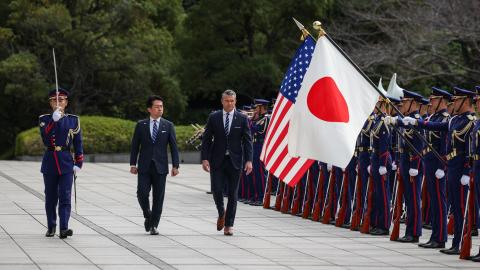
Featured Speakers:
Representative Yasutaka Nakasone
Riley Walters
23
September 2025
Past Event
Thirty-Ninth International Security Conference: Challenges and Opportunities for the ROK-US Alliance
Featured Speakers:
Dr. Hyun In-Taek
General Byung-kwan Kim (Ret.)
General Byung Hyuk Choi (Ret.)
Lt. Gen. Bernard Champoux (Ret.)
Dr. Sam Yeol Jang
Markus Garlauskas
Colonel Dave Maxell (Ret.)
Prof. Park Ihn-hwi
Colonel Gittipong Paruchabutr (Ret.)
Dr. Taewoo Kim
Dr. Huh Nam-Sung
Dr. Jay Jinseop Jang
Riley Walters
Moderator:
James J. Przystup

23
September 2025
Past Event
Thirty-Ninth International Security Conference: Challenges and Opportunities for the ROK-US Alliance
This conference, jointly presented by Hudson Institute, the Council on Korea-US Security Studies (COKUSS), and the Korean Defense Veterans Association (KDVA), will feature two panels.
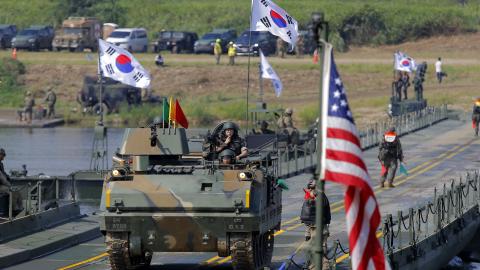
Featured Speakers:
Dr. Hyun In-Taek
General Byung-kwan Kim (Ret.)
General Byung Hyuk Choi (Ret.)
Lt. Gen. Bernard Champoux (Ret.)
Dr. Sam Yeol Jang
Markus Garlauskas
Colonel Dave Maxell (Ret.)
Prof. Park Ihn-hwi
Colonel Gittipong Paruchabutr (Ret.)
Dr. Taewoo Kim
Dr. Huh Nam-Sung
Dr. Jay Jinseop Jang
Riley Walters
Moderator:
James J. Przystup
Sort by:

Caption
Japan’s Prime Minister Sanae Takaichi places a red paper rose on the name of an elected candidate at the LDP headquarters on February 8, 2026, in Tokyo. (Getty Images)
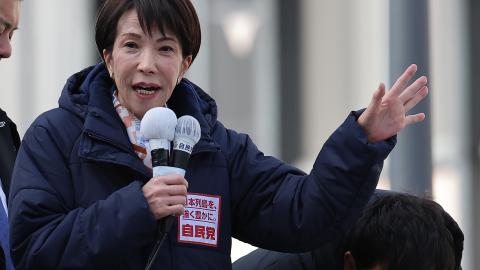
Caption
Japan’s Prime Minister and Liberal Democratic Party President Sanae Takaichi speaks during an election campaign rally on January 29, 2026, in Himeji, Japan. (Getty Images)
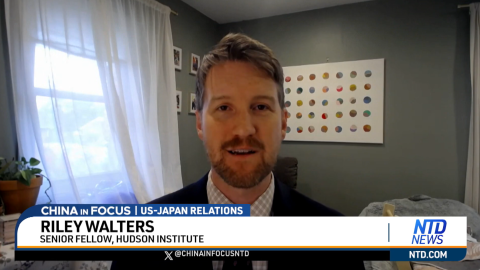
Caption
(Screenshot via YouTube)
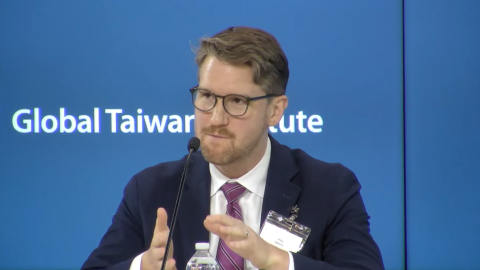
Caption
(Screenshot via YouTube)

Caption
(Getty Images)
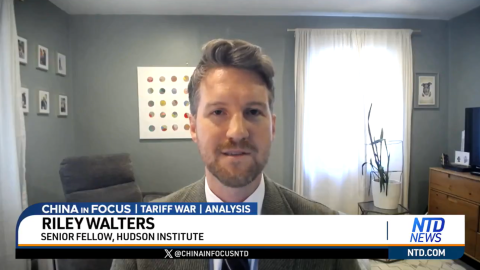
Caption
(Screenshot via NTD News)
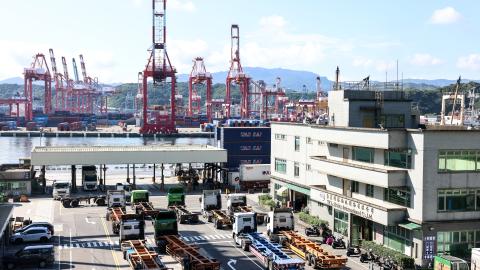
Caption
A general view of the shipping port in Keelung, Taiwan, on August 1, 2025. (I-Hwa Cheng via Getty Images)
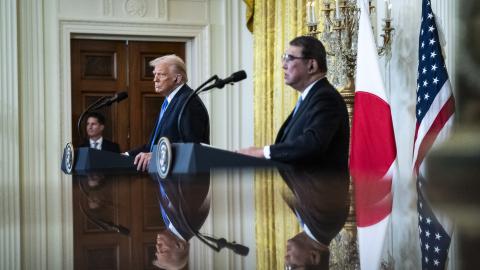
Caption
President Donald J Trump speaks with Japanese Prime Minister Shigeru Ishiba at the White House on February 7, 2025, in Washington, DC. (Jabin Botsford via Getty Images)
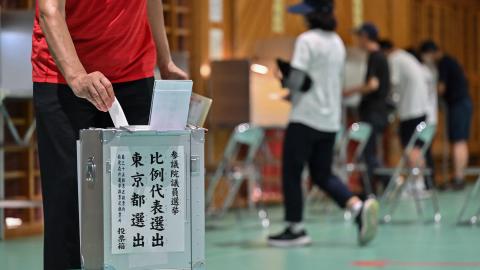
Caption
Voters take part in upper house elections at a polling station in Tokyo on July 20, 2025. (Richard A. Brooks via Getty Images)
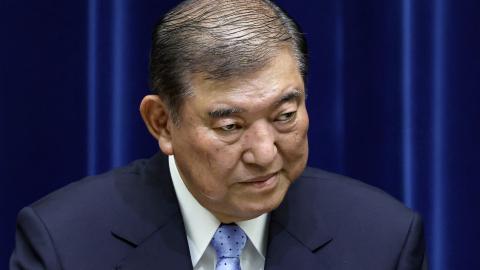
Caption
Japan's Prime Minister Shigeru Ishiba addresses a press conference at the prime minister's official residence in Tokyo on June 23, 2025. (Kiyoshi Ota via Getty Images)
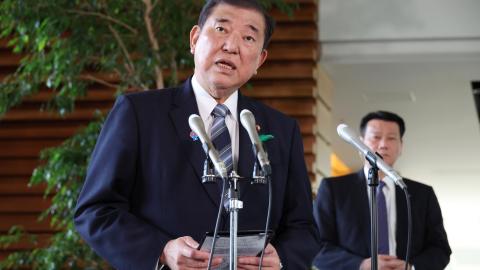
Caption
Prime Minister Shigeru Ishiba being interviewed with United States President Trump and others on April 17, 2025, in Tokyo, Japan. (The Asahi Shimbun via Getty Images)
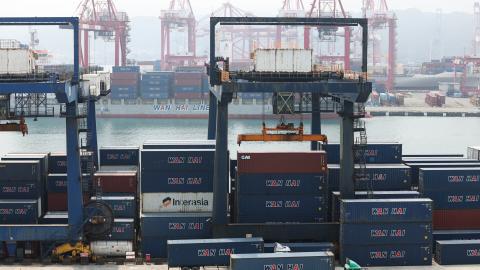
Caption
Shipping containers and cranes are seen at the port in Keelung, Taiwan, on April 9, 2025. (I-Hwa Cheng/AFP via Getty Images)
















